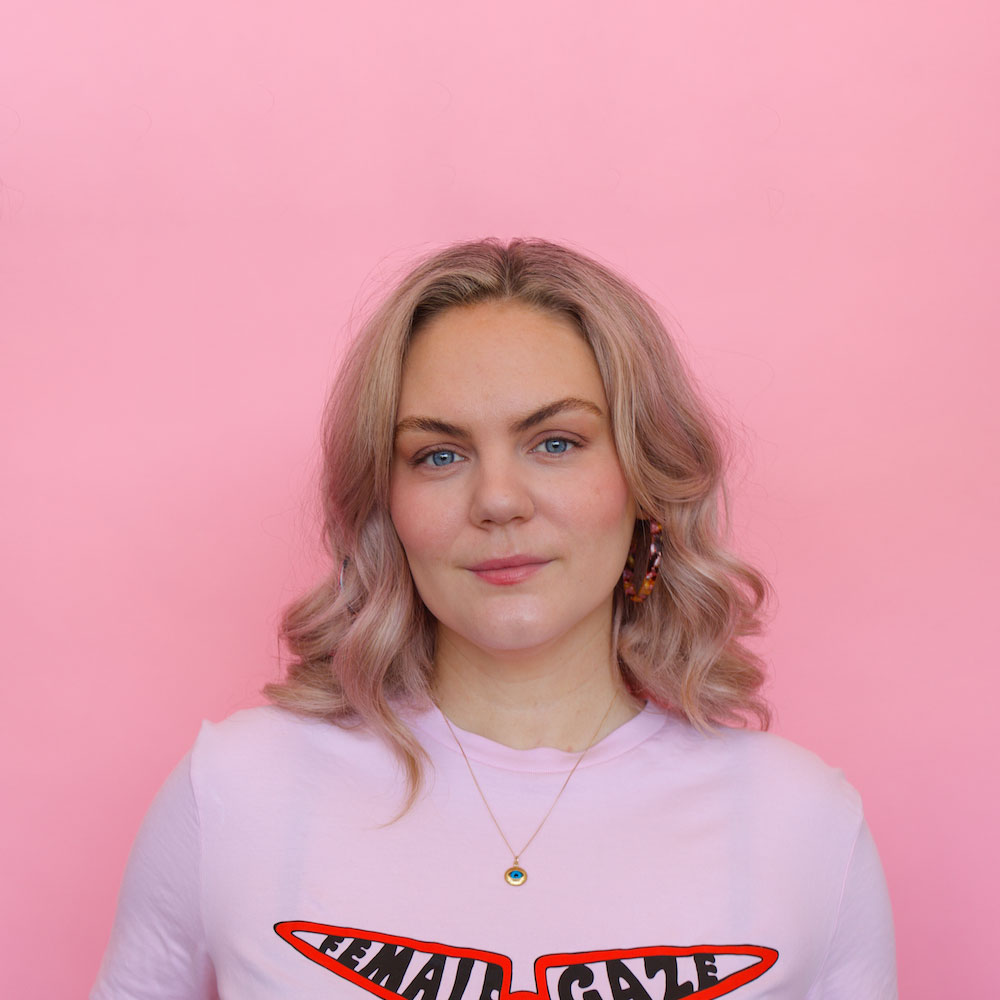
22 Feb Guest Interview: Molly Haddon and Jorrden Daley
To celebrate our 30th Mardi Gras Film Festival we sit down with Molly Haddon and Jorrden Daley to discuss their film The Longest Weekend, which screened in MGFF23. Hear what they have to say about their film, their favourite on-screen LGBTIQ+ kiss and the importance of queer films in cinema and LGBTIQ+ storytelling.
Name: Jorrden Daley
Pronouns: she/her
Social handles: @jorrdendaley
Name: Molly Haddon
Pronouns: she/her
Social handles: @m.haddon_films
Queer Screen: Tell us why everyone needs to buy a ticket to see your film.
Jorrden Daley: It’s a short feature and it’s worth your time. So many people tell us that it’s far more than you’d expect it to be from a low budget film by first time filmmakers. We think we’ve made something very special and we hope you think so too.
Molly Haddon: From all of our screenings, one of the biggest takeaways is how people connect with it, even people who weren’t necessarily the initial target audience for the film. Families are a universal experience and I feel like for almost everyone there is at least one moment where they can see themselves reflected on the screen.
What was the appeal of your film as a project? Why this film?
JD: I had been trying for many years to become a working writer in the industry but that first credit was so elusive. Molly and I wanted to make that opportunity for ourselves and, alongside the incredible Breathless Films, we could. The appeal of this story was that it was one which could be made cheaply by us but also to which I could bring so much of my personal experience and a necessary level of authenticity.
MH: I was ready to push myself and achieve something bigger. I had directed a lot of music videos and short films and felt that I was ready for the next step. Jorrden and I had worked together previously and had the same drive and interest in similar thematics so it was a great partnership. Filmmaking is not something you can do alone, you need a team of people who all care just as much as you do and I’m so grateful to all of those who came on board the journey of making it with us.
What do you hope audiences take from your film?
JD: I hope audiences can find themselves in these characters and be inspired by the hope that they’ve found by the end of it.
MH: I hope that they see a part of themselves up there and that part of them feels validated, loved or even just recognised for what it is. But I mostly want them to leave with a feeling of love and hope.
There are more channels for LGBTIQ+ films than ever before, why are queer film festivals like ours still important?
JD: Queer film festivals are still so important because queer artists are too often overlooked and underestimated by the mainstream. They also give another necessary opportunity for the community to gather together to celebrate ourselves and our stories.
MH: If you’re anything like me I find streaming platforms overwhelming and not particularly engaging. The beauty of a festival is the curated selection of content and the connection with others when you experience these works in full cinemas.
Why is it important to keep telling LGBTIQ+ stories?
JD: The LGBTIQ+ experience is so vast and there are so many of our stories yet to be even touched on. We need to keep telling these stories in all their different shades because they help us understand ourselves and our experiences and that is the most valuable thing in the world.
MH: The more ubiquitous queer characters are on screen the less otherised they are to the rest of society.
What was the first film you saw yourself represented in?
JD: Embarrassing to say but it was probably a movie called D.E.B.S about a group of high school girls who moonlight as spies.
What’s one of your favourite LGBTIQ+ films and why do you love it?
JD: Impossible to choose just one favourites but I’ll say Juste La Fin Du Monde which was a huge inspiration to me in writing our film, The Longest Weekend. It’s a simple story but so deeply affecting.
MH: Priscilla! Because who doesn’t love a cock in a frock on a rock.
What on-screen LGBTIQ+ kiss still makes you swoon?
JD: Carol kills me every time.
MH: Jorrden has awoken a core memory of mine with D.E.B.S
Which film would you like to remake with an LGBTIQ+ twist?
JD: I’m trying to make an Australian lesbian Rocky.
MH: The Mummy, though it already kind of feels a little gay, I know it’s not but it has some gay energy. Maybe it could be gayer.
What is one piece of career advice that you would give your younger self when it comes to filmmaking?
JD: Making this film is the best thing I’ve ever done for my career. I only wish I’d done it sooner. I’d tell my younger self to stop waiting and make it happen for yourself.
MH: Life can change on a dime, so just keep working at it, you never know what’s just around the corner.

